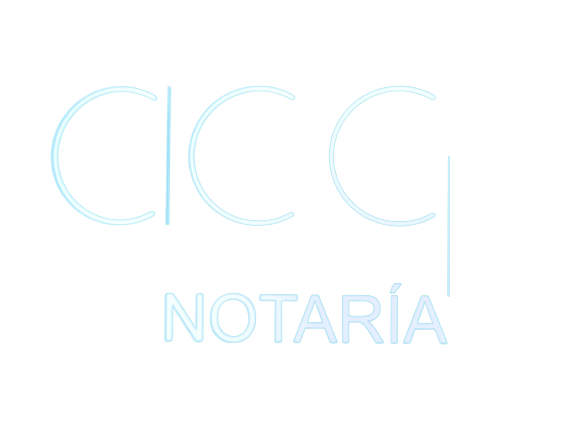Notarial acts are public instruments in which Notaries, upon request of a party in any case, will extend and authorize stating the facts and circumstances that are witnessed or recorded and that by their nature are not the subject of a contract.
All of them are regulated in section 4 of Chapter II of Title IV, of Decree June 2, 1944, by which the Regulation of the organization and regime of the Notary was approved.
IT IS NECESSARY:
Identification documents of the applicant.
Determination of the scope of the act.
TYPES OF MINUTES:
1.- MINUTES OF DEMONSTRATIONS:
Attestation is given to what a person has said or stated and when he or she did it, but not to the veracity of such statements.
2.- PRESENCE RECORDS:
The Notary is required to appear at a specific place and attest to the state of a certain asset at a specific time, being able to take photographs of it if necessary.
3.- REQUIREMENT MINUTES:
The Notary is requested to demand something from a third party (for example, a payment or the delivery of keys) or to carry out a certain act; leaving a record of this as well as the response of the requested party.
4.-MINUTES OF SOCIAL MEETINGS:
Their purpose is to record the statements, claims, documents and agreements adopted at the Board of a company.
5.- DEPOSIT MINUTES OF GENERAL CONDITIONS:
The Notary collects in writing those contractual conditions that a company includes in its contracts. In this way you can prove to third parties that the conditions were in force at a certain time.
6.- BALANCE SETTLEMENT MINUTES:
The Notary, through the supporting documents presented and the appropriate calculations, accredits the balance resulting from a certain account or debt between the parties involved.
7.- COMPETITION MINUTES:
Through the presence of the Notary in a contest, it is proven that there has been no manipulation of the results and, where appropriate, the randomness of the election.
